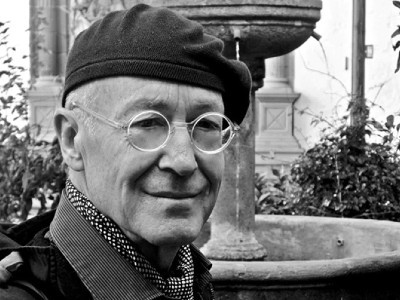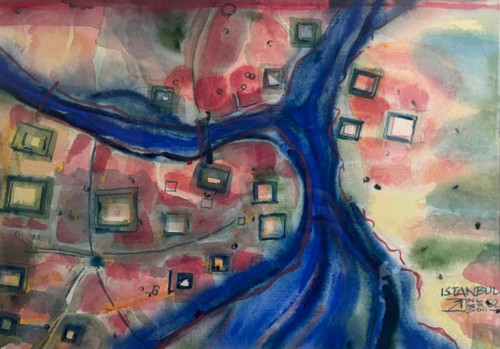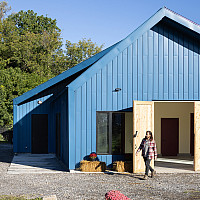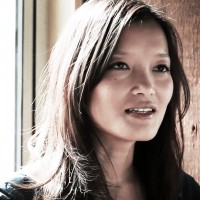Selected from submissions made at the foundation’s annual application deadline in February 2024, these projects—exhibitions, publications and other public presentations—expand understanding, methods and platforms of contemporary architecture discourse and feature work by architects, archivists, artists, curators, designers, educators and other professionals working with organizations worldwide in cities such as Johannesburg, Cape Town, Pittsburgh, New Orleans, Nashville, Athens, New York and Chicago, where the Graham Foundation is based.
Ethical Narratives: Essays by Richard Ingersoll (1949–2021)

The book, under contract with Actar Publishers, assembles key texts, drawings and images by and of Richard Ingersoll, the prominent architectural historian, critic and educator who wrote prolifically for the world’s leading architectural publications from the 1980s until his passing in 2021.
Ingersoll was a rare voice in the field, admired for his global and ethical perspective that relentlessly challenged architects and students to consider the environmental and social impacts of their work. He rigorously contextualized his topics within larger historical and cultural frameworks, tying them to today’s pressing ecological and political imperatives.
“Ingersoll’s writing was characterized by its gentle persistence and foresight, setting him apart in his field. This book seeks not only to capture his nimble intellect but also aims to underscore the creative, playful and generous aspects of his life and personality,” says Davis.
This compilation of more than 30 of Ingersoll’s most impactful texts (selected from over 350 essays and lectures) are organized thematically, centered on Ingersoll’s primary polemics, including social justice and climate change. Observations and recollections offered by his colleagues, friends and students, including Margaret Crawford, Luis Fernandez-Galiano, Liane Lefaivre, Pippo Ciorra and others, offer additional insight into the extraordinary man behind the words.

Credit: Courtesy the Ingersoll Estate“Professor Ingersoll, a long-time faculty member of our Florence program, was an impressive intellectual figure and this collection of essays—which also includes reflections by some of the most important architects and critics in contemporary architecture—will be of great interest to anyone interested in architecture’s ethical and political impact on late 20th and early 21st century culture,” says Michael Speaks, dean of the School of Architecture.
“Congratulations to Associate Professor Lawrence Davis and the entire team of architects and editors on receiving a prestigious Graham Foundation organizational grant to support the publication of this important collection of essays by Richard Ingersoll,” says Speaks.
“Our international editorial team is extremely grateful for this vital funding from the Graham Foundation,” says Davis. “The book editors would also like to thank Caroline Bowling, graduate research and design intern, for her ongoing work and Dean Speaks for his support.
The new grantees join a worldwide network of organizations and individuals that the Graham Foundation has supported over the past 68 years. In that time, the Foundation has awarded more than 44 million dollars in direct support to over 5,100 projects by individuals and organizations around the world.











